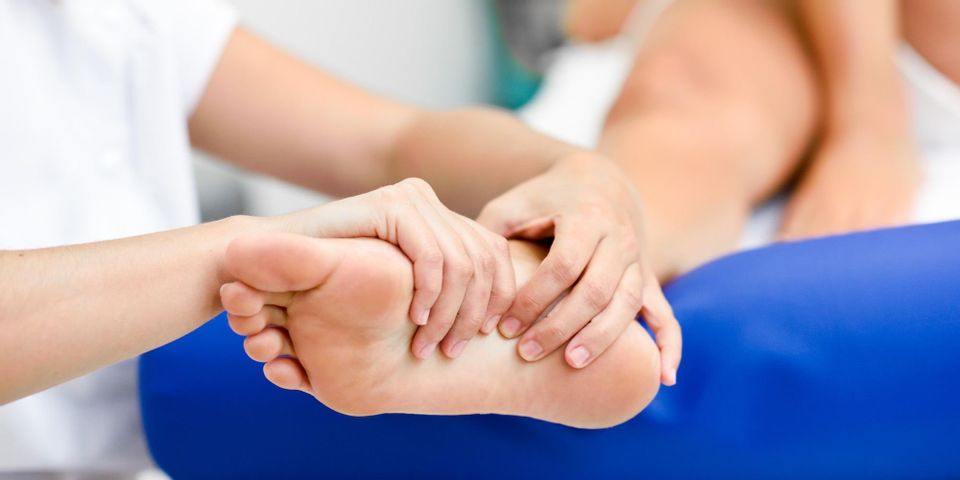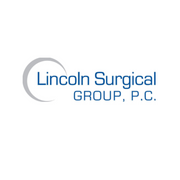What You Should Know About Varicose Veins

Varicose veins are common conditions where veins become swollen and knotted. They generally affect women, typically in the legs and feet. While they are usually harmless, varicose veins can sometimes be painful or unsightly, so many surgeons and specialists offer treatment. Below is some basic information you should know about this condition.
How Do Varicose Veins Form?
Inside your veins are valves that control the flow of blood, opening to push blood through and closing to prevent it from flowing backwards. When these valves don't work correctly, blood pools and pressure builds. This causes the vein to bulge and become knotted. The condition is most common in surface veins since they have the least support from surrounding muscle and tissue, but it can also occur in interior veins.
What Are the Risk Factors?
 There is a genetic component to varicose veins since they tend to run in families. Other risk factors include conditions which put pressure on the legs, such as pregnancy and standing for long periods. An inactive lifestyle or age can also weaken the veins. Sitting with your legs crossed does not cause varicose veins. However, if you have the condition already, this position can aggravate it.
There is a genetic component to varicose veins since they tend to run in families. Other risk factors include conditions which put pressure on the legs, such as pregnancy and standing for long periods. An inactive lifestyle or age can also weaken the veins. Sitting with your legs crossed does not cause varicose veins. However, if you have the condition already, this position can aggravate it.
How Are They Treated?
Treatment for varicose veins ranges from minimally invasive procedures to vascular surgery. Many cases don't need any treatment at all, or can be eased with compression clothing and over-the-counter anti-inflammatory medications. However, if your veins are particularly painful or troublesome, you may want to have them removed by a surgeon. To actually reduce or remove the veins, vascular surgeons offer laser and heat treatments, chemical options to collapse the vein, and surgical removal.
If you have varicose veins and would like a surgeon to remove them, visit Lincoln Surgical Group, PC in Nebraska. Since the 1930s, they have provided Lancaster County with expert care for vascular issues. Their trained and board-certified surgeons offer a full range of treatment options, emphasizing non-invasive treatment options for the easiest and most comfortable recoveries. To schedule a consultation, call (402) 483-7825 or reach out online.
About the Business
Have a question? Ask the experts!
Send your question

